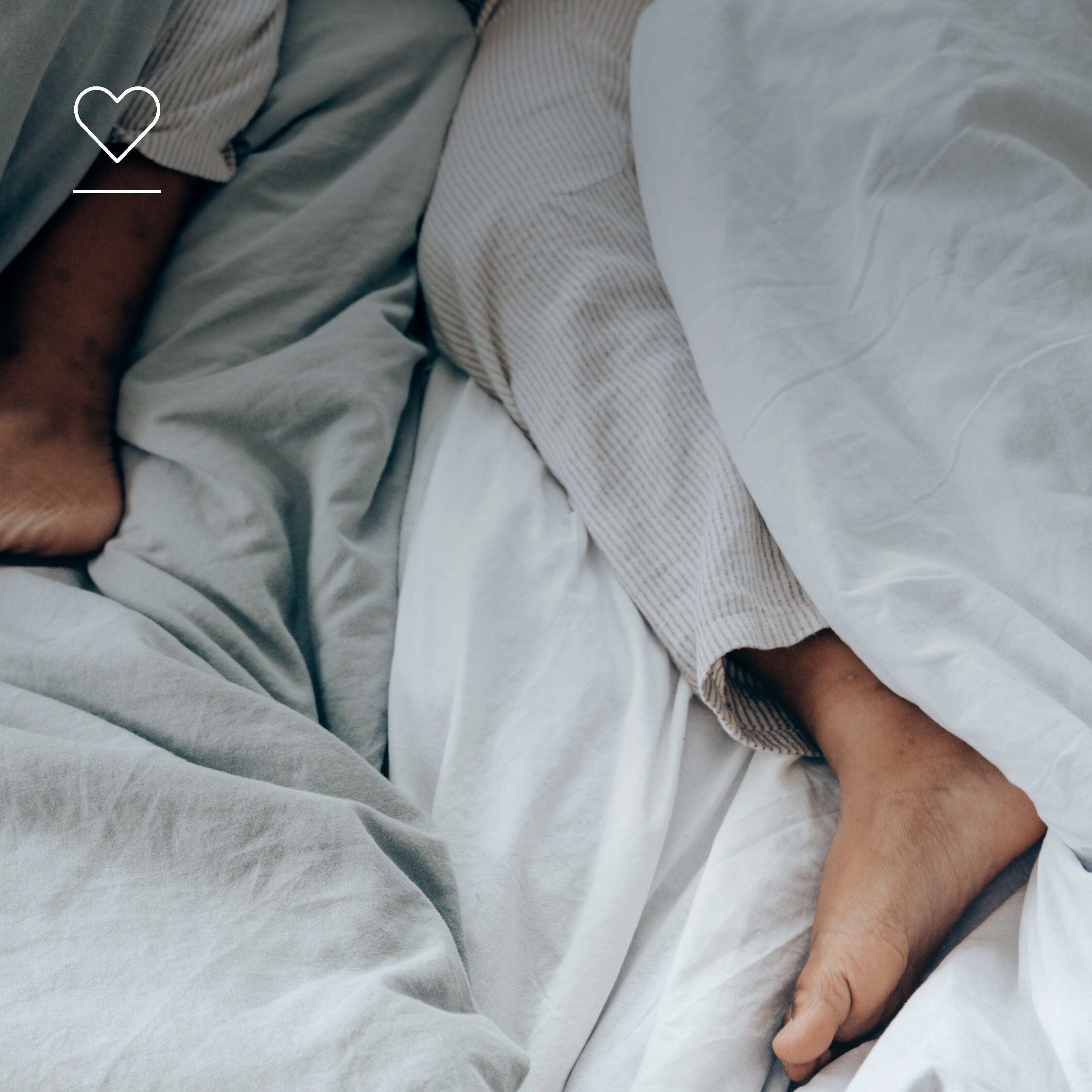If you find it hard to get a decent night’s sleep, you are not alone. Many of us experience issues with sleep and most have experienced sleep disturbances at some stage in our lives, from various causes including jet lag, stressful times, a new baby, shift work or sleep disorders, such as sleep apnoea or restless legs syndrome.
Whilst missing the occasional night’s sleep is not going to do you much harm, long term sleep deprivation can impact our health and the way we age. It is not just the length of time that we sleep that can be detrimental to our health, we also need to consider the quality of the sleep that we get.
A fretful night’s sleep in anticipation of that big work presentation, or a disturbed sleep after having a few too many alcoholic drinks is not going to offer a restorative rest.
The short-term effects of a lack of sleep include:
- Irritability
- Fatigue
- Lack of concentration
- Sugar cravings
But what are the cumulative and longer-term implications of poor sleep? How does sleep impact our physical, mental and emotional wellbeing?
The Long Term Effects of Sleep on Your Health
Sleep plays a crucial role in our health and wellbeing, due to the many restorative processes that repair the body at a cellular level each night. Sleep deprivation is associated with the onset of neurodegenerative conditions, such as Alzheimer’s and Parkinson’s Disease. It reduces our body’s ability to clear cellular debris from the brain, leading to an accumulation of damaged and faulty proteins – or, if you will, congestion. This leads to increased oxidative stress, inflammation, cognitive dysfunction and memory impairment as our brain cells misfire and struggle to communicate effectively.
Lack of sleep disrupts our circadian rhythms, causing a negative impact on behaviours and mood. It has been linked to increased anger, anxiety, depressed mood and negative affect and/or decreased positive mood[1],[2].
Quality & Quantity Matter
The quality and duration of our sleep is also implicated in chronic pain conditions. Pain can disrupt sleep and poor sleep can result in pain. This can become a perpetual cycle where a bad night’s sleep causes pain, which in turn disrupts sleep. Disrupted sleep or lack of sleep increases our pain sensitivity and exacerbates symptoms such as headaches and muscle pain[3].
Poor sleep is thought to interfere with mechanisms in the body that govern pain management. It is thought to reduce the efficacy of systems that reduce pain (e.g. the opioid system) and activate systems that increase our sensitivity to pain (e.g. nitric oxide and adenosine signalling) and inflammation in the body [4].
A review of 153 studies, with a cumulative total of more than five million participants, found that less than six hours of sleep was associated with an increased risk of diabetes, cardiovascular disease, coronary heart disease and obesity[5].
How Much Sleep Do I Need?
The optimal amount of sleep is considered to be 7-8 hours a night. However, this is not set in stone and changes as we age – children need more sleep and older adults need less.
Top tips to improve sleep quality and duration
- Try to keep a consistent time that you go to bed and wake – this will help your body to get into a routine.
- Create a bedtime ritual to wind down and signal to your body that it is time to relax and sleep – perhaps have a calming cup of chamomile tea and read a book, or practice some relaxation yoga or a meditation, or having a relaxing bath with candles.
- Schedule some time at the end of the day to evaluate any issues or worries that are on your mind and write down your to do list for the next day – we have all had those days when life has been so busy that we only get time to think when our heads hit the pillow. Making time to talk through the day with a friend or partner, or putting pen to paper means that these issues or priorities can be dealt with another day.
- Avoid blue light devices and artificial light for an hour or two before bedtime and increase your exposure to natural light in the morning – this will help support your natural circadian rhythm.
- Avoid stimulants in the evening – this can vary from person to person and some people find their sleep is affected even a coffee in the morning can disrupt their sleep. However, generally it would be advisable to avoid a heavy meal, spicy food and stimulants (e.g. alcohol or coffee) for 3 hours before bedtime.
- Avoid medications that interfere with sleep from late afternoon (e.g. including opioids, B vitamins).
- Consider seeking professional help – visit your health practitioner or counsellor if you are experiencing ongoing stress, anxiety, depression or pain that may be contributing to your sleep issues. If you think you may have a sleep disorder, consider visiting a sleep clinic to get to the route of the issue.
Suzy Walsh BBA (Hons)., BNat., mNMHNZ is a Registered Naturopath & Medical Herbalist
References:
[1] Pires, G. N., Bezerra, A. G., Tufik, S., & Andersen, M. L. (2016). Effects of acute sleep deprivation on state anxiety levels: A systematic review and meta-analysis. Sleep Medicine, 24, 109-118. https://doi.org/10.1016/j.sleep.2016.07.019
[2] Short, M. A., Booth, S. A., Omar, O., Ostlundh, L., & Arora, T. (2020). The relationship between sleep duration and mood in adolescents: A systematic review and meta-analysis. Sleep Medicine Reviews, 52, 101311. https://doi.org/10.1016/j.smrv.2020.101311
[3] Haack, M., Simpson, N., Sethna, N., Kaur, S., & Mullington, J. (2019). Sleep deficiency and chronic pain: Potential underlying mechanisms and clinical implications. Neuropsychopharmacology, 45(1), 205-216. https://doi.org/10.1038/s41386-019-0439-z
[4] Haack, M., Simpson, N., Sethna, N., Kaur, S., & Mullington, J. (2019). Sleep deficiency and chronic pain: Potential underlying mechanisms and clinical implications. Neuropsychopharmacology, 45(1), 205-216. https://doi.org/10.1038/s41386-019-0439-z
[5] Itani, O., Jike, M., Watanabe, N., & Kaneita, Y. (2017). Short sleep duration and health outcomes: A systematic review, meta-analysis, and meta-regression. Sleep Medicine, 32, 246-256. https://doi.org/10.1016/j.sleep.2016.08.006


![Never Grow Old - Longevity Issue [Nutrition Business Journal]](http://scienceresearchwellness.com/cdn/shop/articles/NBJ_Post_-_LinkedIn.jpg?v=1692742979&width=1500)
![Circulatory system care "vital" [NZHERALD]](http://scienceresearchwellness.com/cdn/shop/articles/SRW_-_News_Clip_-_Post_-_Cir1_-_D1_dfadc7dc-c57a-4f80-82bd-4fdb5ba5f0cd.jpg?v=1692742734&width=1500)
